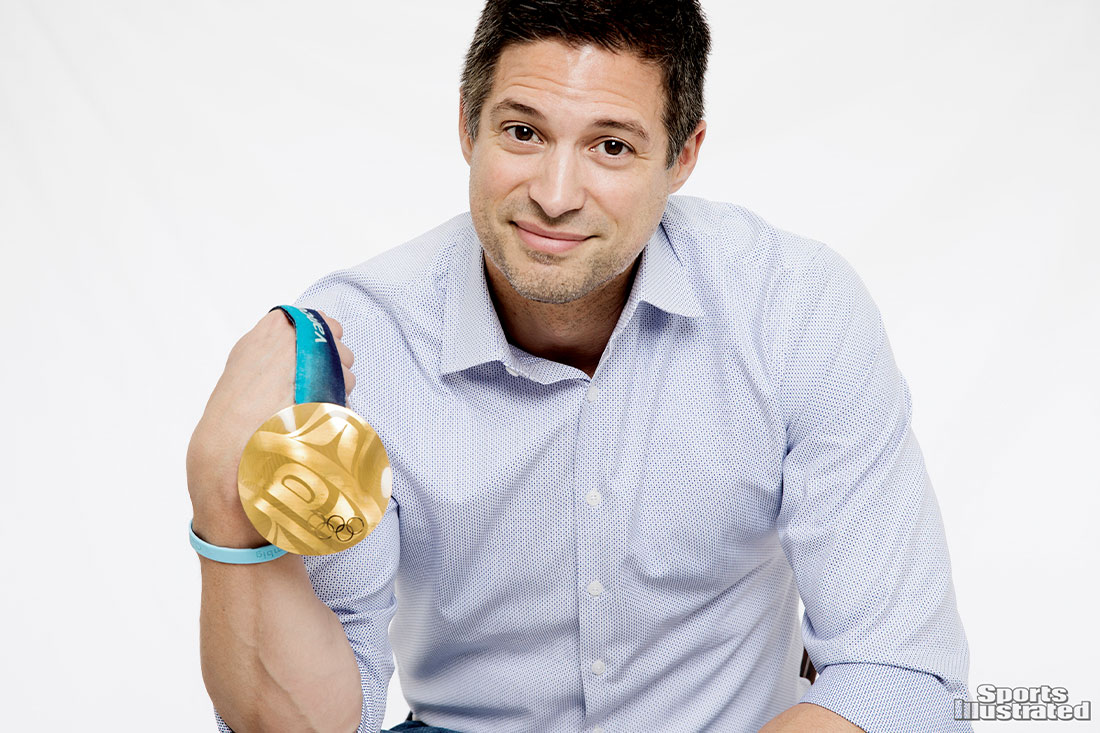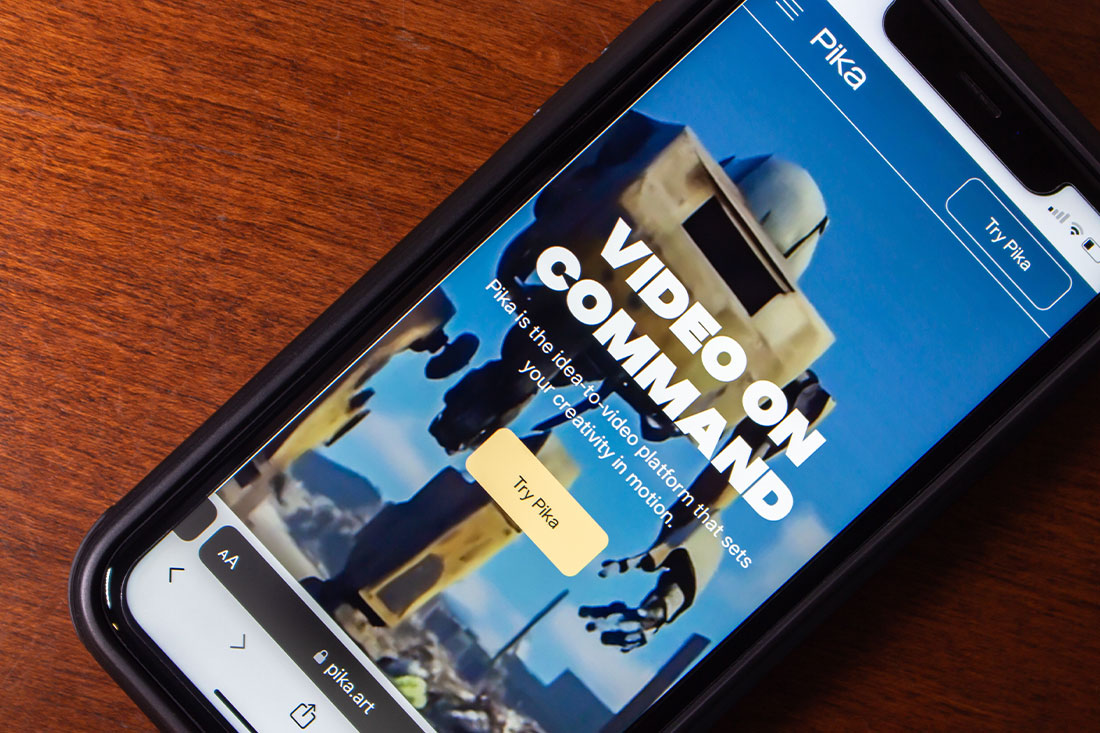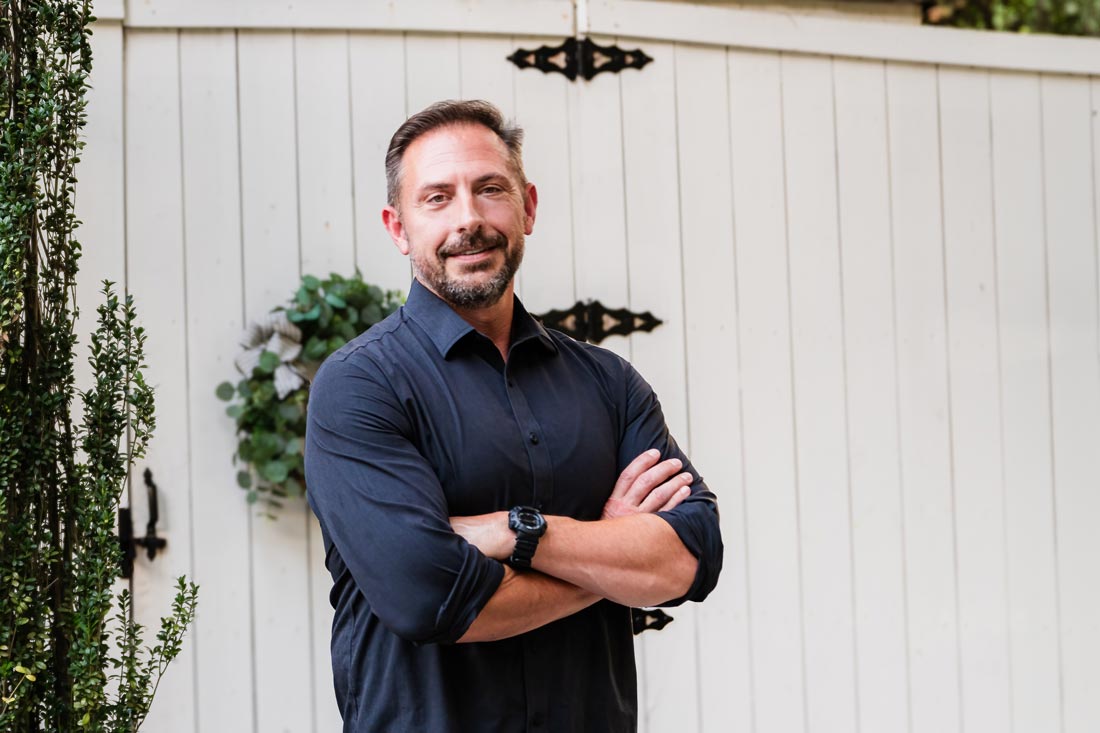You have to be at least a teen to be considered for the U.S. Olympic bobsled team. But there’s no maximum age. So, you could essentially bobsled forever. But for Steve Mesler, after three Olympic games and one history-making gold medal in 2010 in Vancouver, British Columbia, that was his sign to retire from the sport at just 31.
But the transition to post-Olympian life was challenging. “You went from being the best in the world; you’ve been on television; you’ve met presidents. We got to fly in an F-16; we did the Top 10 on Letterman; we met Tom Hanks; we were on the cover of Sports Illustrated,” Mesler says. “Then, you have to go back and start over because there’s no way to jump the line. That was humbling.”
A single conversation shifted Mesler’s perspective. “My best friend asked me, ‘What does it feel like to have written the first line of your obituary at age 31?’ I didn’t want that to be the case,” Mesler says. “You have a couple of choices: You could just live off of it and do… speaking [engagements] and try to make that work. Or you can start over.” Which is what he did. By that point, he’d already had to start over once before.
At 22, Mesler was in his fifth year of college and about to start an internship—while dealing with the aftermath of a career-ending elbow injury. The former track and field star remembered that one of his former University of Florida coaches had an athlete in the 1998 Winter Olympics.
Although he wasn’t familiar with bobsledding, his mind was sparked. “I literally got my computer out and I emailed—with my bad left hand—the Olympic Committee and said, ‘I’m this big, this strong, this fast, and can I do this?’” Mesler recalls. “Next thing I knew, I was training for bobsled.”
Mesler describes his Olympic teammates as castaways from college athletics. “Here I was, a formerly broken track athlete, trying to become a different person. No one in bobsled knew that I had been an injured track athlete. We just showed up,” he says.
There’s some carryover, Mesler explains, when you go from one intense sport to another. “The way you run and the speed and strength and size. I had all the right tools. I had to gain weight. You need to be… stronger as a bobsledder. Then, I hit my cruising altitude, and it was a very reasonable transition,” Mesler recalls.
While on the verge of being inducted into the U.S. Olympic & Paralympic Hall of Fame, class of 2025, Mesler describes his typical day in Calgary, Canada, now that he’s made the ultimate pivot from Olympian to consulting, coaching and building Classroom Champions, a nonprofit for children to thrive academically thanks to the mentorship of world-class athletes.
“I work with CEOs and founders to help them perform better at their jobs and in their life with a sense of well-being,” Mesler says. “My coaching work is my bread-and-butter work, but I left my role as an athlete behind so I didn’t have to just do one thing,” he adds.
A Day in the Life of Steve Mesler
4:45 A.M. | WAKE UP, WORK OUT
Right when Mesler wakes up, he starts the day with healthy greens and breakfast. Next up is his daily workout. (You can take the man out of the Olympics, but you can’t take the Olympics out of the man.) “I either go for a run—we live not far from the river, so I’ve got a handful of beautiful running options—or I work out in our basement gym. It depends on the day. Two to three days a week, I’m doing body circuits, legs, lower body and a lot of core. I beat my body up a lot over the years, so my back and core strength is really important,” he says.
7 A.M. | DAD DUTY
When his two children wake up, they have breakfast and get ready for their own days. Mesler gets them to school before he gets his own workday started in his home office. “I tend to hold my mornings for writing, thinking and creativity, especially post-workout,” Mesler says. “There’s a lot of science around how that is when the creative juices are best.”
NOON | LUNCH DATE
Like so many entrepreneurs, Mesler doesn’t always have the luxury of an actual lunch hour. But he is committed to keeping this one appointment on his calendar: “My wife and I have lunch scheduled once a week,” he says. “Otherwise, you’ve gone far too long without doing that.”
When you have young kids at home, sometimes date night becomes date day, and that seems to work for Mesler and his wife, Rhiannon, a tenured associate professor at the Dhillon School of Business at the University of Lethbridge.
1 P.M. | CLIENT TIME
While his mornings are mainly for thinking and theory, his afternoons have him connecting with peers and clients. “I might get on a Classroom Champions’ call. Sometimes, our CEO will want me on a call to a donor to tell our story. Or I’ll have coaching sessions with clients. Then, I will get a proposal out to a potential new client,” he says. “There is this idea that, in order to get a new client, you need to spend seven hours across 11 touchpoints in four different mediums. That is the 7-11-4 rule.”
4 P.M. | GET SOCIAL
“I was very big in social media at the dawn of Twitter [now known as X]…. In 2010, I was literally the fourth most-followed athlete from the Olympics that year. It was Shaun White, Lindsey Vonn, Apolo Ohno,” Mesler says of the three who came before him. “But it had no purpose after that.” Fifteen years later, he is leaning in once again, with a university student who helps him edit content. His clients don’t discover him on Instagram, per se, but that presence comes with the job if you’re your own boss.
6 P.M. | DINNER HOUR
The dinner hour isn’t just about what’s on Mesler’s plate. It’s about the official end of his workday. “In the summer, I’ll pick up the kids and go to the pump track. It’s a BMX-style kind of thing, and the kids are super into it,” he says of the breather he takes from his job. “Once we come home, we’ll have dinner at 6 p.m., and then put the kids to bed.” That’s when he has time to himself to read or watch The Daily Show, so he can bookend his day with that peace and quiet.
9 P.M. | POWER DOWN
Shutting off your laptop is only one part of signaling the end of your day. The other part is shutting off your mind. “I experienced a really gnarly depression in 2019. I never want it to happen again…. I’ve had numerous bad concussions and unlimited micro concussions,” Mesler says. “So, I’m basically done working by 6 p.m., outside of outlier scenarios. I’m turning my brain off at night, and when things pop into my brain, I will action them right away—sometimes that just means throwing myself a calendar invite for the next day. I do my best to not ruminate.” A savvy tactic for anyone, but especially for a business owner who still approaches work-life balance with the discipline of an Olympian.
Discover more by subscribing to to read the print issue in its entirety and so much more.
Photo courtesy Sports Illustrated







